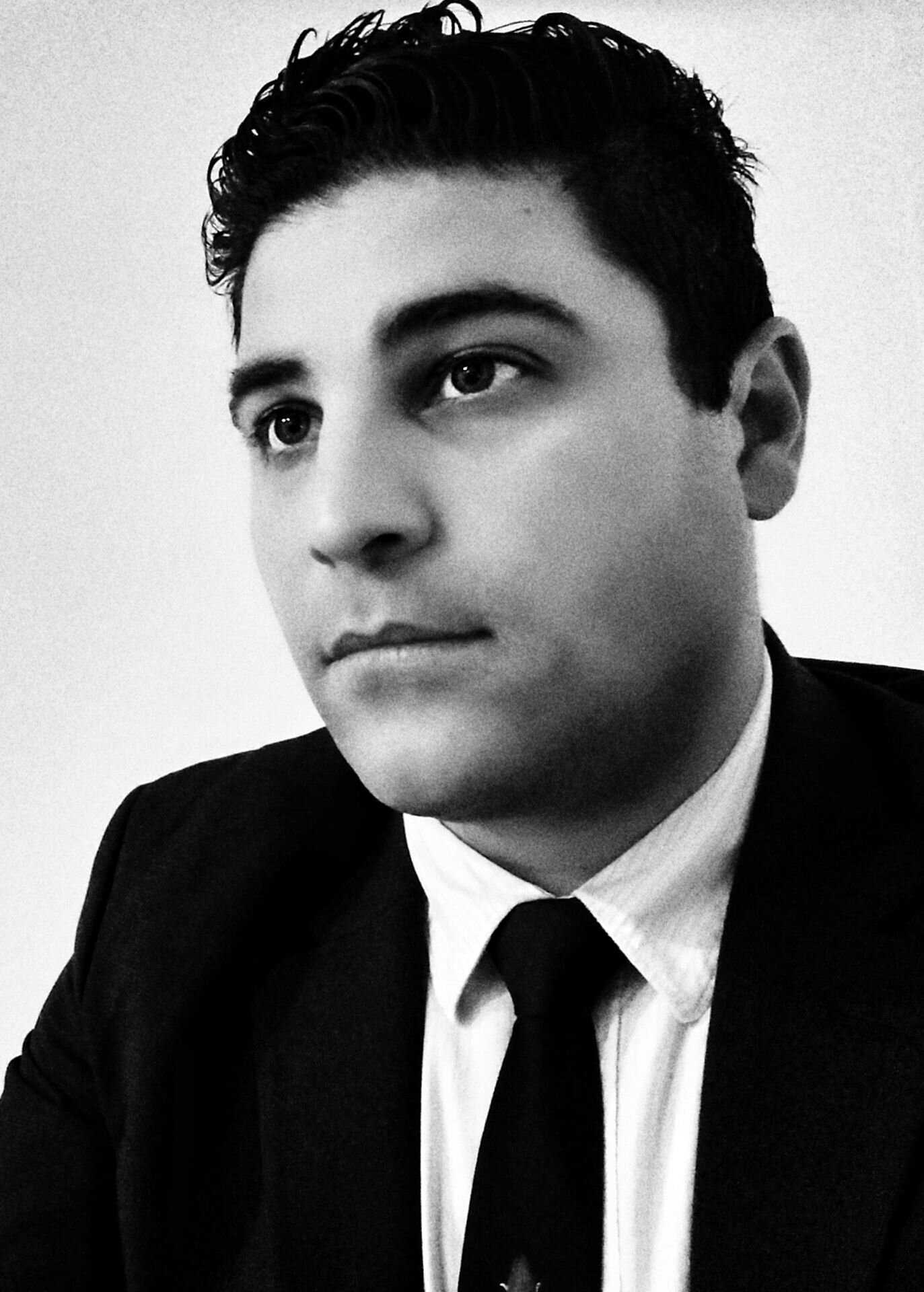Omar Naré
Born on the grape vines of California’s Central Valley, Omar Naré’s sound is a vogue blend of Mariachi and Sophista-Pop. “I listen to Alejandro Fernandez, Sting, Sade, and Abdel Halim Hafez,” says the composer. “People say they feel a Californio spirit in my Mariachi.”
When Omar was 12, a family friend gave him $50 to sing at her wedding. “Tell me when, where, and should I wear a charro?” he laughed. “That was my first ‘professional’ gig.” At 15, he had sold 5000 copies of his first CD on the West Coast and caught the attention of Grammy-Award winning producer Christian de Walden. 3 months later, he was in Torino, Italy apprenticing with the famed composer and producer. “It was the education of a lifetime. Christian taught me bigness.”
A born storyteller, Omar loves to perform for the whole family. He wrote Irremplazable for his mother and sang it to her on his wedding day:
Ay mamá
Siento que tu eres la mejor mamá
Tu siempre me amaste de sobra
Aún más que a papá
“Sony Music Latin offered me a deal with Christian but it wasn’t right. They wanted Ricky Martin." said Naré. "I walked away and became the first in my family to get a Bachelors.” After a trip to Paris and a plunge in Del Rio, Omar flew back to California where he met his wife Jasmín La Carís and started a band. Within a year, Distrito Torre opened for Paulina Rubio, Belanova and Ely Guerra. He was invited to sing for the The Mexican Consulate at their bicentennial celebration.
Together, Jasmin and Omar worked with Flamenco dancer Manuel Gutierrez to produce Kompaz at the Nokia Theater in LA for Eva Longoria’s Global Gift Initiative. “We were at Eva’s house for the afterparty. Manuel handed me a guitar and I sang old Mariachi songs. Eva smiled, ‘That’s what makes you special.’ I was startled. Weeks later, my friend Noé from Mexico City said “para la juventud en México el mariachi está muerto.” He was wrong, of course, but the vision came together suddenly.”
Together with his wife, Omar staged the first Nuevo Mariachi show called “Dos Mundos.“We invited Manuel to come dance. It was the first concert on the 10th floor of Fresno’s Grand Ballroom in more than 30 years.” he remarked. His dark version of Sabor A Mi was given a spotlight on NPR’s Ground Truth Project. Reporter Qainat Khan came from Boston to interview him on his grandfather’s ranch in Sanger. Remezcla called his music “Epic!” and the New York Times said Naré was “trying to reinvigorate the traditional music of Mexico” and shared his story.
“We started getting calls. The music struck a chord with Mexican-American people. Those of us who love our Mexican history but who grew up here. Mariachi is our heritage, or course, but you can feel a different spirit in Nuevo Mariachi.”
During that time, Naré met Larry Bastian who became his mentor. Bastian had written some of Garth Brooks’ biggest hits. Somehow, Omar got the call to translate Unanswered Prayers.
“I’ve been singing that song since I was a teenager. I never thought I would get to write music with the songwriter. It was an unexpected dream come true that I never even dreamt.”
They wrote Mañana Es Para Siempre at Larry’s ranch above Porterville. It’s the story of Omar’s grandfather who left his abuela in Mexico to go work up north for his family.
Me duele decir
Que esta noche de cariño tiene fin
Pero no para siempre
Prometo volver
Porque el amor entre nosotros es eterno
“I’ve been thinking about how he must of felt. Distressed at times. Angry. But also courageous and decisive. My song honors his journey, but it’s not one-sided. This story has lived on through Mexico, Arabia, Romania. Each and every nationality has had to leave for survival.”
The struggle for home and peace is at the heart of the song.
“It tells the truth. It’s a Californio story. I hope people appreciate the music, but more than that, I hope they remember their family’s courage, wherever they came from.”
Biography by Frank Domingo
